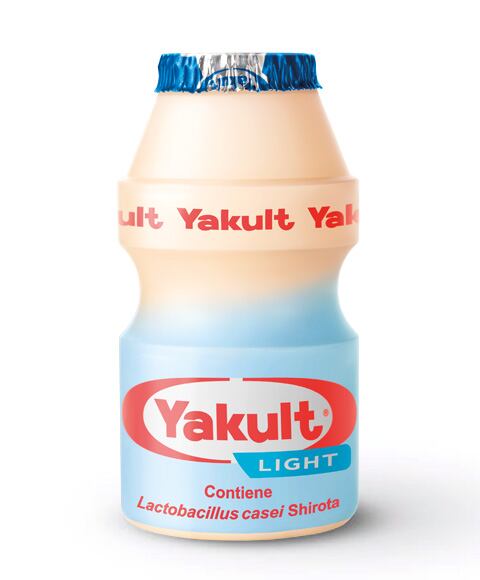The study, conducted by researchers at Loughborough University, saw 17 healthy individuals (14 males and three females) maintaining their normal food intake for the first three weeks of the study. The participants were split into two groups, with one group given two bottles of a probiotic fermented milk, commercially available as Yakult Light, to drink every day.
In the final week of the month-long study, both groups switched to a high-fat (65% of energy) and high-carb (50% increase in energy intake) diet, while the probiotic group continued its twice-daily intake of the Lactobacillus casei (LcS) Shirota drink.
“The main finding of the present study was that high-fat overfeeding decreased insulin sensitivity by approximately 27% in healthy young males and females; however, supplementation with the LcS probiotic before and throughout the overfeeding period preserved glycaemic control and maintained insulin action.

“These results provide further indirect evidence that compositional changes in the gut microbiota lead to the development of human metabolic disease and that probiotic supplementation could be useful in preventing insulin resistance induced by excessive consumption of high-fat foods (i.e. a Westernised diet),” the researchers wrote.
However, they said the main limitation of the study was that it could not confirm whether the high-fat diet altered the composition of the gut microbiota, impaired gut barrier function or led to an increase in systemic inflammation. In addition, it could not confirm if these physiological outcomes were impacted by probiotic supplementation.
The research was funded by an educational grant from Yakult, owned by Japanese firm Yakult Honsha of which the Danone group has a 20% share.
A significant research breakthrough
Dr Carl Hulston of Loughborough’s school of sport, exercise and health science and the study’s lead author said the research community was already aware of the impact of even short-term excessive consumption of high-fat foods on the development of metabolic diseases like type 2 diabetes. However, he said the demonstration of the probiotic’s impact on insulin resistance in humans was a “significant breakthrough” that warranted confirmation in a larger, placebo-controlled study.
They said consumption of probiotic yoghurt had already been shown to reduce fasting blood glucose concentrations in type 2 diabetic patients, but this had not yet been demonstrated with otherwise healthy subjects like that used in their latest study.
The mechanisms behind this impact remained unclear, however, and the scientists recommended further research into this area.
Source: British Journal of Nutrition
Published online ahead of print, doi:10.1017/S0007114514004097
“Probiotic supplementation prevents high-fat, overfeeding-induced insulin resistance in human subjects”
Authors: C. J. Hulston1, A. A. Churnside and M. C. Venables
